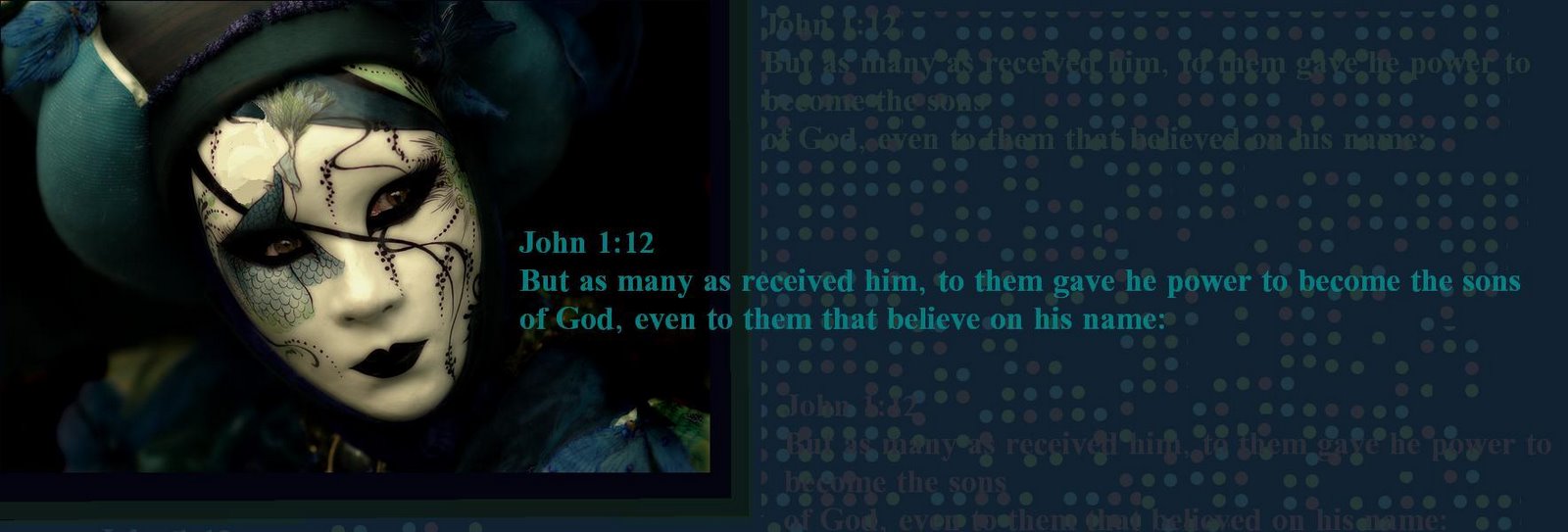Recipe

What is your faith made of? Does it seem like an odd question? Maybe so. I guess we may need to take a few steps back and ask a more basic question: What is faith. The Bible says, “Now faith is the substance of things hoped for, the evidence of things not seen.” Hebrews 11:1
If you boil down that definition, you’ll see that faith is basically your assurance. Your belief. That strong pull in your heart that gives you a foundation or sense of sensibility. It’s not some sort of blind, wishful thinking. Well, it’s not supposed to be. It has more substance than wishing. Some people don’t do well with faith, because of how they define it. People who lean toward a wishful faith don’t realize it, but they actually are leaning more toward the thing in them that has the most substance.
Notice the connection between your heart and your belief. Your heart is key. It's where you hold your convictions. If your heart is aligned to science, luck, old wives tales, or the wisdom of others, that's what will dictate/influence what you do (Romans 10:9)
The word faith usually conjures up religious thought, and rightfully so, but its bigger than that. Just like the Bible talks about 2 types of wisdom; wisdom from above and earthly wisdom, there is more than one kind of faith - weak faith, little faith. Hebrews 11 starts off talking about faith in its lowest common denomination.
Here’s some of the unbiblical ways we lean toward sensibility and belief or just our method of navigation in the world. Feel free to add your method to the list.
-- that's what always happens.
-- I know how it works, I can make my way based on that.
-- I'm cynical and I expect bad things to happen
-- I'm an optimist and I expect things to work out well.
-- I'm fearful and although I know that I don’t know what will be, I tend to worry.
-- I hope I'm lucky.
-- I'm usually unlucky.
Here’s The Word:
Hebrews 11:6 But without faith it is impossible to please him: for he that cometh to God must believe that he is, and that he is a rewarder of them that diligently seek him.
James 1:6 But let him ask in faith, nothing wavering. For he that wavereth is like a wave of the sea driven with the wind and tossed.
Hebrews 12:2 Looking unto Jesus the author and finisher of our faith; who for the joy that was set before him endured the cross, despising the shame, and is set down at the right hand of the throne of God.
Hebrews 4:2 For unto us was the gospel preached, as well as unto them: but the word preached did not profit them, not being mixed with faith in them that heard it.
2 Timothy 3:8 Now as Jannes and Jambres withstood Moses, so do these also resist the truth: men of corrupt minds, reprobate concerning the faith.
2 Thessalonians 3:2And that we may be delivered from unreasonable and wicked men: for all men have not faith.
Notice this last verse, "not all men have faith". We all navigate this life based on some sort of sensibility and some go as far as calling that a kind faith. I often say "I don't have the faith it takes to be an atheist". We know what's being implied in that statement.
However, Biblically, we know that real faith, true faith, comes from God. "Faith comes by hearing, and hearing by the Word of God" (Romans 10:17).
The matter then becomes - what will you do about faith? Will you continue to try and navigate life with a hybrid faith? One made of wishful thinking and half-hearted expectancy just in case God does something different than what you want? Or will you build up your faith and learn from God, to operate in strong faith that trusts Him according to His word in all things. The true mark of strong faith is obedience. You see in Hebrews 4 that although some had the word preached, for them it didn't lead to obedience because they had no faith concerning what they heard. That's a real possibility for us today and half-hearing will contribute to a feeble faith and a feeble dedication to obedience in Christ. The father of the demon-possessed boy in Mark 9 had it absolutely right. He asked Jesus to have mercy. Jesus replied, "If you can believe, anything is possible", the father's reply is the heart we should all have regarding our search for obedient faith - "Lord, I believe; help thou mine unbelief." (Mark 9:24)
Mark 11:22 And Jesus answering saith unto them, Have faith in God.
Romans 4:20 He staggered not at the promise of God through unbelief; but was strong in faith, giving glory to God;
- So again, you search and examine yourself and answer the question - what is your faith made of?
In Him,
Cros




